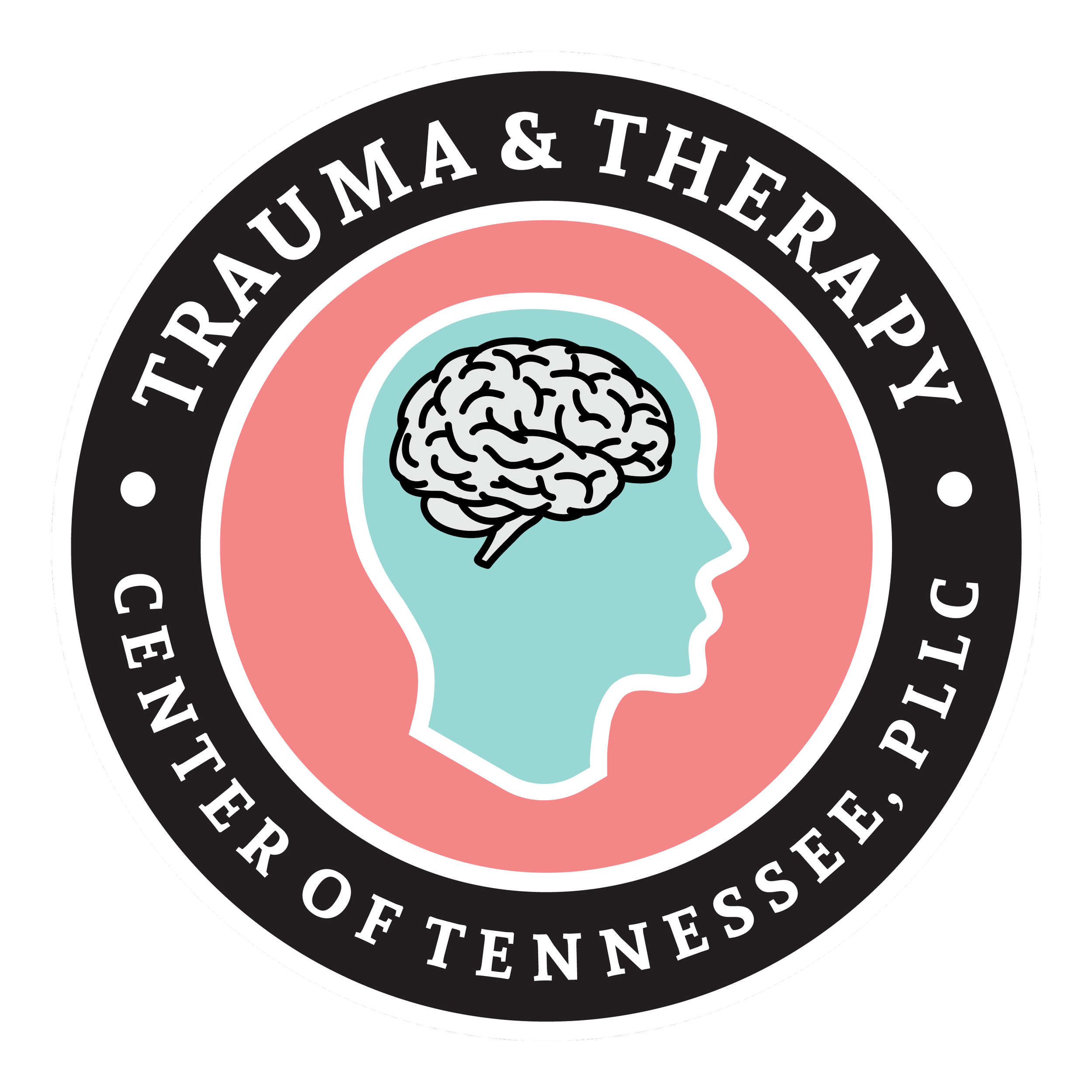Therapy That’s Actually Built Around You
Online Care With Real Convenience, Connection, and Results.
“If you’re waiting for life to slow down before you start therapy, you may wait forever. Our online sessions bring trauma-informed care to you, so you don’t have to choose between healing and your schedule.”
You have a full calendar, a public life, and a lot on your shoulders. You want therapy that respects your time, your privacy, and your pace. No commute. No waiting room. Just expert care that meets you where you are.
At Trauma and Therapy Center of Tennessee, our telehealth services bring boutique, trauma-informed therapy to your phone or laptop. Sessions are secure and HIPAA compliant, and delivered by specialists who address the root causes, not just the symptoms. We currently serve clients located in Tennessee, Kentucky, and Georgia, with care that feels private, personal, and precise.
It’s not the couch that heals you, it’s the connection. When you feel safe, seen, and respected, healing begins - whether you’re in our office or in your own living room.
High performers often carry heavy stories. Teens who feel overwhelmed, overstimulated, and unfocused. Anxiety that spikes at midnight. Grief that sneaks into meetings. Relationship patterns that won’t shift. Sadness that persists. Fear that weighs you down. You’re not “too much” and you’re not behind. You just haven’t had a plan that matches the weight of where you are and what you’ve lived through.
How Our Telehealth Approach Is Different
Most online therapy sessions feel like endless talking with little to no change. Ours is designed for momentum. You start with a free, confidential consult to confirm fit. Then we move into a structured arc that brings clarity first, skill-building next, and measurable nervous-system shifts early in care. When helpful, your therapist collaborates with our team, allowing your plan to benefit from multiple expert perspectives. This is high-touch, not high-traffic.
What The Journey Looks Like Online
Free confidential consult
Fifteen minutes with a trauma therapist to ask questions and see if the match feels right.
Sessions one to three
We learn your history, attachment patterns, and current stress load. By the third session, you will understand how trauma and your nervous system are driving symptoms and what we will target together.
By session five
Many clients notice early shifts, fewer spikes, more steadiness, and clearer boundaries. We focus on practices that regulate the nervous system, rather than just talking alone.
Your custom plan
You get a plan tailored to your goals and life. It evolves with you and may include attachment-informed work, Brainspotting, parts-based work, or somatic skills. When in-person support adds value, we can fold in on-site options at our clinic.
“Healing doesn’t happen because you walk into a building. It happens when your nervous system finally says, ‘I’m safe here.’ We build that safety, even through a screen.”
-
Specialists, not generalists
Clear plan by session four, so you never feel lost
Root-cause focus that treats the nervous system and attachment patterns
Collaborative team model with case consults when helpful
Private, HIPAA-compliant video sessions that fit busy schedules
Boutique experience without franchise scripts or insurance pressure
Option to integrate in-person services at our clinic for added depth
-
Confidential therapy between meetings or while traveling
Relief from anxiety, panic, or burnout that isn’t shifting with self-help
Care for trauma, complex trauma, and attachment wounds
Support for grief, life transitions, and high-stakes decisions
Help with perfectionism, people-pleasing, and boundary fatigue
Better sleep, steadier mood, and more capacity for connection
-
Tight work schedule or long commute
Privacy concerns in small communities
Frequent travel across TN, KY, or GA
Parenting and caregiving demands
Teens balancing the demands of being a student-athlete
Preference for therapy in a familiar, safe space
College students balancing work and school
Desire to work with a specialist not available nearby





